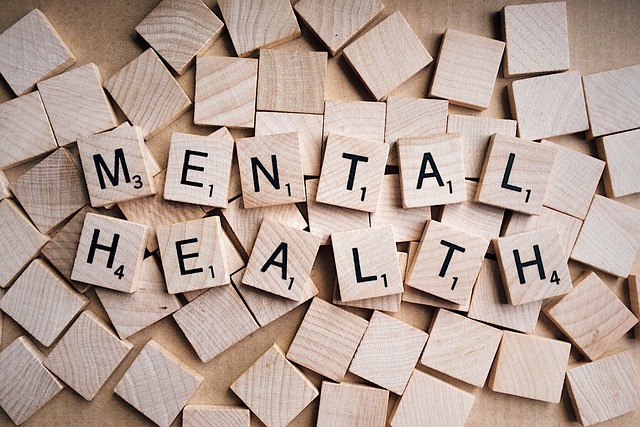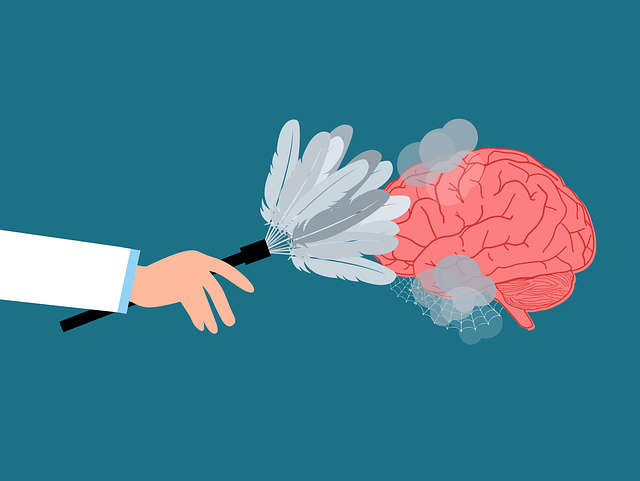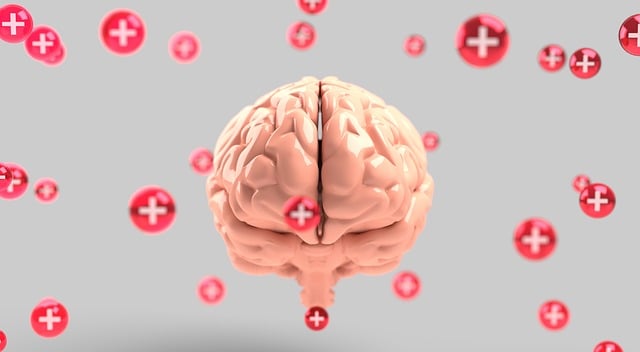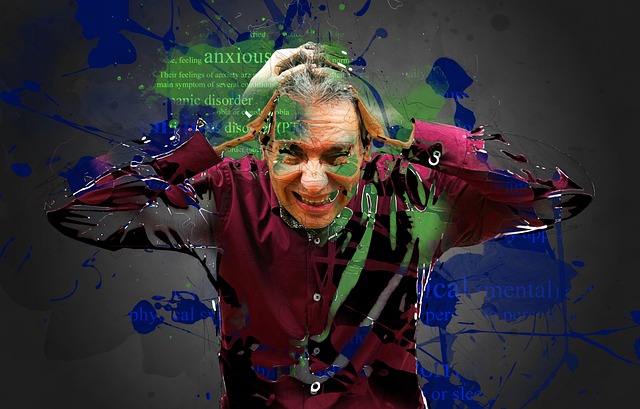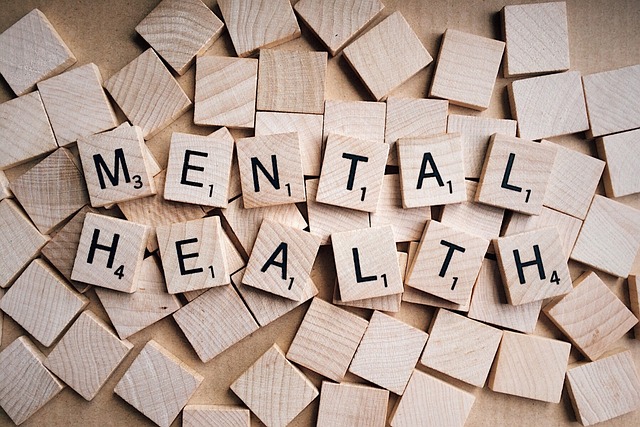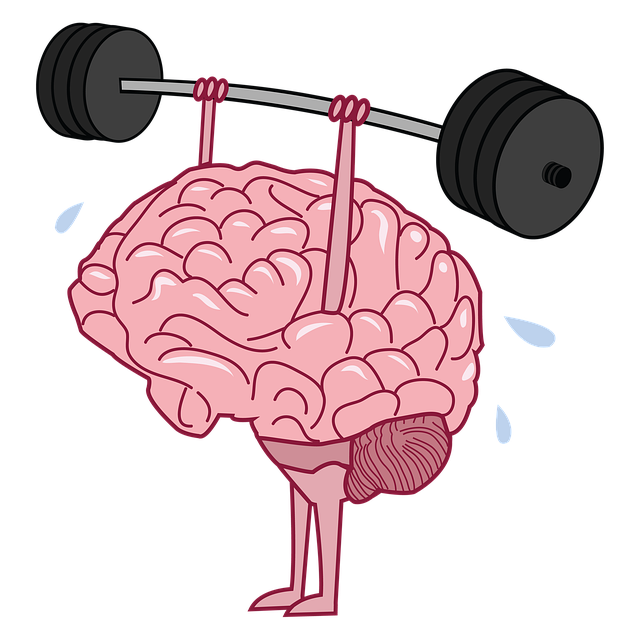Elderly individuals with Attention Deficit Disorder (ADD) or Attention Deficit Hyperactivity Disorder (ADHD) face overlooked challenges, impacting daily life and social interactions. Public awareness campaigns play a crucial role in supporting this demographic by reducing stigma, encouraging early intervention, and fostering understanding. Effective therapy involves tailored interventions like Social Skills Training and Self-Care Routine Development, promoting mental health and communication abilities. Campaign strategies should break stereotypes, educate the public, incorporate evidence-based practices, and provide crisis intervention guidance. Evaluating campaign reach, engagement, and behavior change is essential to ensure their success and inform future advocacy for elders' mental health needs, including access to ADD-ADHD therapy.
Public awareness campaigns play a pivotal role in combating mental health issues, especially among the elderly. This article explores the development of strategies to raise awareness about Attention Deficit Disorder (ADD) and Attention Deficit Hyperactivity Disorder (ADHD) in seniors, offering valuable insights on understanding their unique symptoms and impact. We delve into the design of effective campaign strategies and emphasize the importance of measurement for continuous improvement, ultimately advocating for better support and therapy for elders with ADD-ADHD.
- Understanding Elderly ADD-ADHD: Symptoms and Impact
- The Role of Public Awareness in Combat
- Designing Effective Campaign Strategies
- Measuring Success: Evaluation and Continuous Improvement
Understanding Elderly ADD-ADHD: Symptoms and Impact

The unique challenges faced by elderly individuals with Attention Deficit Disorder (ADD) or Attention Deficit Hyperactivity Disorder (ADHD) often go unnoticed, leading to a lack of understanding and support. Recognizing and addressing these issues is crucial for their overall well-being, especially within the context of public awareness campaigns development. Symptoms can manifest differently in older adults, including impaired focus, memory lapses, restlessness, and impulsivity. These may significantly impact daily life, affecting their ability to engage in social activities, maintain relationships, or even perform simple tasks.
Therapy for Elders ADD-ADHD is not just about medication, but also tailored interventions like Social Skills Training to enhance interaction and communication abilities. Moreover, encouraging Self-Care Routine Development for Better Mental Health can be transformative, helping them manage stress and improve overall mental well-being. By integrating these strategies into public awareness campaigns, we can foster a more inclusive environment, ensuring that elderly individuals with ADD-ADHD receive the necessary support and recognition they deserve.
The Role of Public Awareness in Combat

Public awareness campaigns play a pivotal role in combating societal issues and providing support for specific demographics. In the context of therapy for elders with ADD-ADHD, raising public awareness can significantly impact reducing stigma and encouraging early intervention. By educating communities about the unique challenges faced by this group, societies can foster an environment of understanding and empathy. This, in turn, leads to better access to resources and services tailored to their needs.
These campaigns are instrumental in promoting coping skills development and stress reduction methods for elders with ADD-ADHD. They help dispel myths and misconceptions, empowering both the individuals affected and those around them. Moreover, increased awareness can boost confidence within this community by normalizing their experiences and encouraging open dialogue. Through such initiatives, society can create a supportive network that enables elders to thrive despite their challenges.
Designing Effective Campaign Strategies

Developing effective public awareness campaigns requires a strategic approach, especially when addressing niche topics like Therapy for Elders with ADD-ADHD. The key lies in understanding the target audience and tailoring messages accordingly. Research shows that raising awareness about mental health issues among seniors can significantly improve their quality of life. Therefore, campaign strategies should focus on breaking stereotypes and educating the public about the unique challenges faced by this demographic.
Incorporating evidence-based practices such as Mindfulness Meditation and Emotional Intelligence training can be powerful tools. These techniques offer a gentle approach to managing symptoms, enhancing overall well-being, and fostering better relationships. Additionally, including Crisis Intervention Guidance resources ensures that individuals know when and how to seek help during times of urgency. Engaging community leaders and leveraging social media platforms can effectively reach and impact the lives of many elders in need.
Measuring Success: Evaluation and Continuous Improvement

Evaluating the success of public awareness campaigns is an essential step to ensure their effectiveness in promoting mental health initiatives like Therapy for Elders with ADD-ADHD. This process involves measuring key performance indicators (KPIs) related to campaign reach, engagement, and impact on behavior change or knowledge enhancement. By collecting and analyzing data, stakeholders can gain valuable insights into what aspects of the campaign resonated with the target audience and which areas need improvement.
A robust evaluation framework should incorporate both qualitative and quantitative methods. Qualitative feedback through focus groups or surveys can provide deeper understanding of participants’ perceptions, coping skills development, and mental health awareness. On the other hand, quantitative metrics like website traffic, social media engagement, or survey responses can gauge public interest and knowledge about relevant Mind Over Matter principles. Integrating these evaluation findings into continuous improvement strategies ensures that future campaigns are more tailored to the needs of the community, fostering a stronger advocacy for mental health policy and accessibility to essential services like ADD-ADHD therapy for elders.
Public awareness campaigns play a pivotal role in combating the challenges faced by elderly individuals with ADD-ADHD. By educating the public, we can reduce stigma and foster understanding, encouraging early intervention and access to appropriate therapy for elders with ADD-ADHD. Through well-designed strategies and continuous evaluation, these campaigns have the potential to significantly improve the lives of those affected, ensuring they receive the support needed to thrive.
